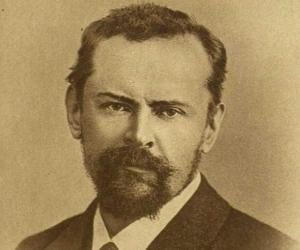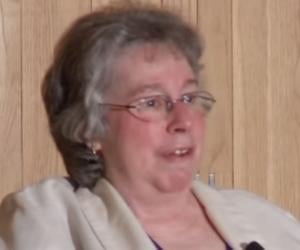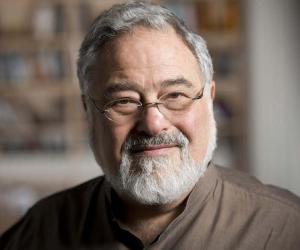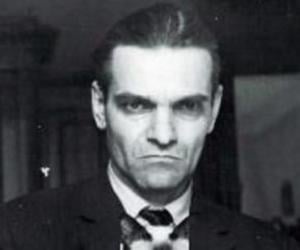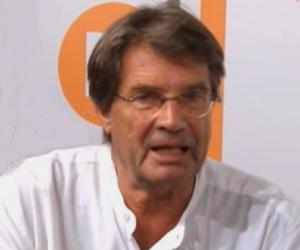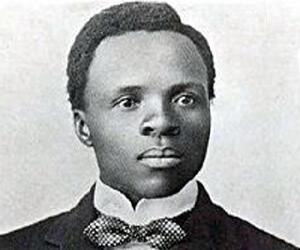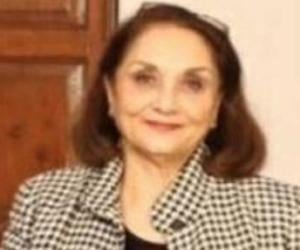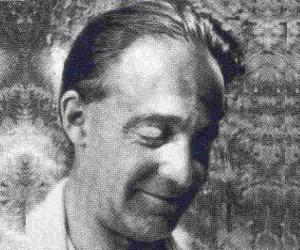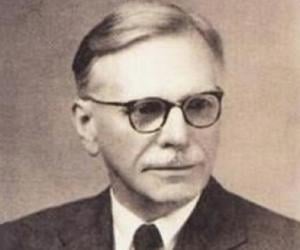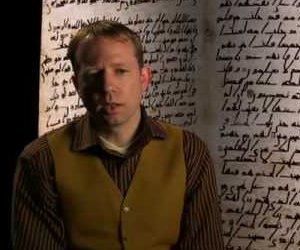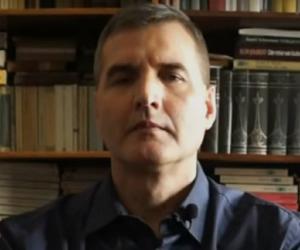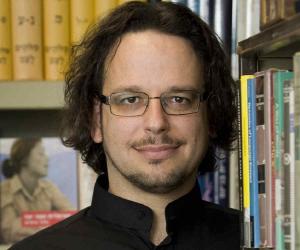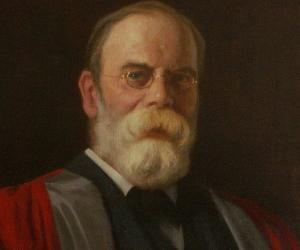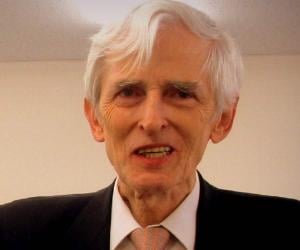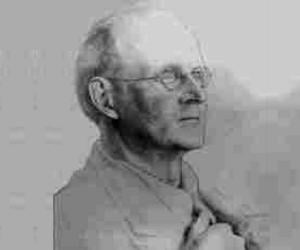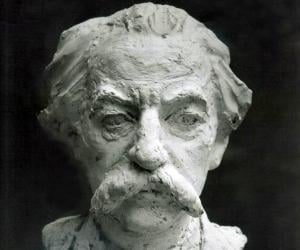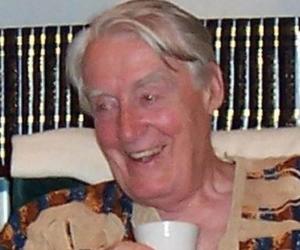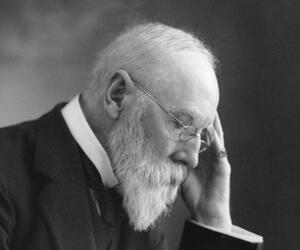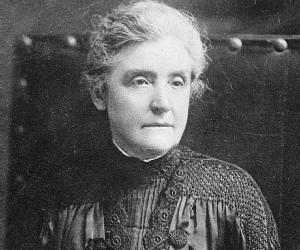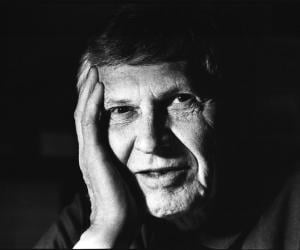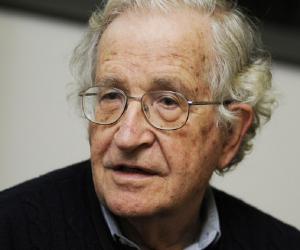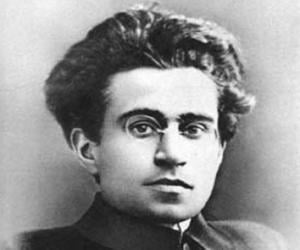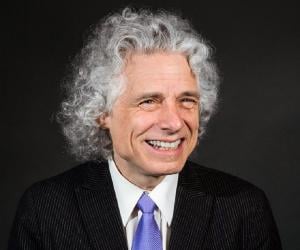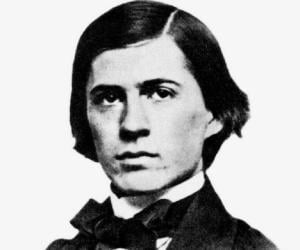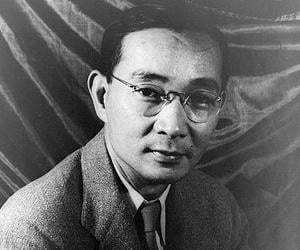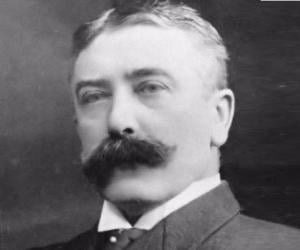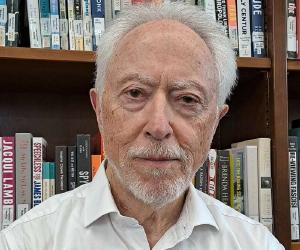Regarded by many as the father of modern linguistics, Noam Chomsky has authored over 100 books on varied topics, such as politics, linguistics, and war. A multi-talented personality, Noam Chomsky is considered a popular figure in analytic philosophy. Apart from influencing a wide array of academic fields, he has also contributed to the development of cognitivism.
Antonio Gramsci was an Italian politician, journalist, philosopher, linguist, and writer. A founding member of the Communist Party of Italy, Gramsci went on to serve as the leader of the party before he was arrested by Benito Mussolini's Fascist regime. Since his death, Antonio Gramsci has been the subject of several plays and films.
Steven Pinker is a Canadian-American linguist, cognitive psychologist, and popular science author. He is also a supporter of the computational theory of mind and evolutionary psychology. His works have earned him awards from organizations like the National Academy of Sciences, the American Psychological Association, and the American Humanist Association. In 2013, he was named in Prospect magazine's World Thinkers list.

Charles Sanders Peirce was an American philosopher, mathematician, logician, and scientist. He is best remembered for his immense contributions to logic. Philosopher Paul Weiss called him America's greatest logician. Charles Sanders Peirce is also regarded by some as the father of pragmatism.
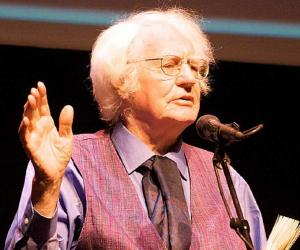
Robert Bly was an American poet, activist, and essayist. He is best remembered for leading the mythopoetic men's movement. He is also remembered for his book Iron John: A Book About Men. Robert Bly is also well-known for his work The Light Around the Body, which earned him the National Book Award for Poetry in 1968.
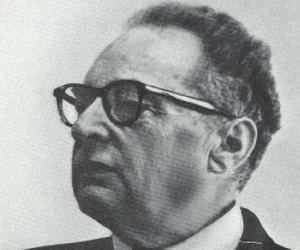
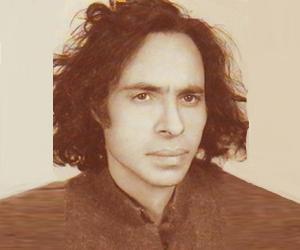
Jon Elia was a poet, biographer, philosopher, and scholar. Best remembered for his unconventional ways, Elia is widely regarded as one of the most important modern Urdu poets. Apart from writing in Urdu, Jon Elia was also fluent in several other languages including Sanskrit, Hebrew, English, and Persian.

Born to a banker in Toronto, Anne Carson grew up to study Classics and later taught at institutes such as Princeton University. Her signature style consists of a mix of prose and poetry. One of her notable works, Autobiography of Red: A Novel in Verse, was inspired by Greek mythology.
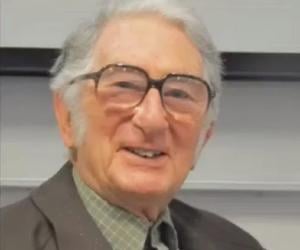
British linguist Michael Halliday is best remembered for his neo-Firthian theory of language. Born to a dialectologist father and an English teacher mother, Halliday naturally developed a love for languages. An expert in Chinese language, he has conducted research on child language development and the theory of grammar.
Son of a Christian minister, Lin Yutang was initially supposed to join the ministry but later rejected Christianity to become a professor. His works include several Chinese and English books, such as Moment in Peking. He also introduced the concept of satire magazines in China with Lunyu banyuekan.
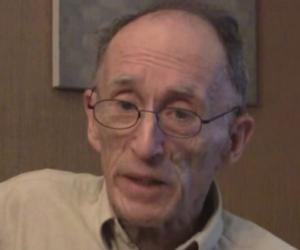
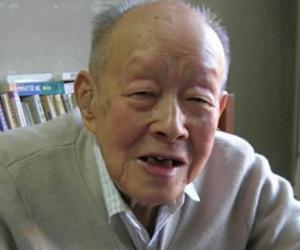
Best remembered for creating a new writing system that allows Mandarin to be written in Roman alphabets, Chinese economist Zhou Youguang started working on the project in 1955, reaching his goal after three years of labor. Known as Father of Pinyin, he has also authored forty books, most notable among them being The Historical Evolution of Chinese Languages and Scripts.
Known as the father of linguistics, Ferdinand de Saussure laid down the concept of semiotics. He distinguished between parole and langue, leading later thinkers to explore structuralism. His only book was his dissertation on vowels in Indo-European languages, with the rest being collections of his lectures.
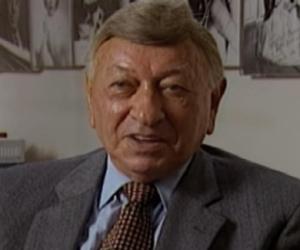
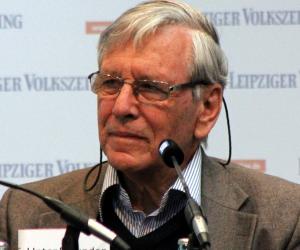
Originally called Amos Klausner, Oz Amos was an Israeli short story writer, novelist, essayist, and educator, known for his advocacy of two-state solution to the Israeli–Palestinian conflict. Professor Hebrew literature at Ben-Gurion University, he wrote forty books, many of which have been translated into forty-five languages, earning him numerous international awards and honors, including Legion of Honour of France.

Philosopher J. L. Austin is remembered for his study on ordinary-language philosophy and is also considered a pioneer of the theory of speech acts. His lectures at Harvard were later collected in How to Do Things with Words. He died of cancer while developing a theory on sound symbolism.
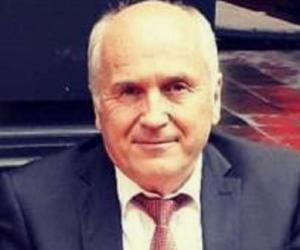
Nobel Prize- and two-time Booker Prize-winning author J. M. Coetzee had started his career as a Fulbright scholar. After teaching English in the U.S. and South Africa, he now lives and teaches in Australia. He is best known for his colonial settings in novels such as Waiting for the Barbarians.
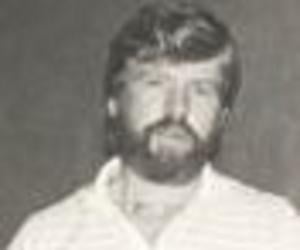
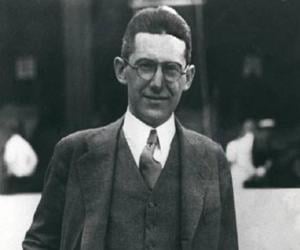
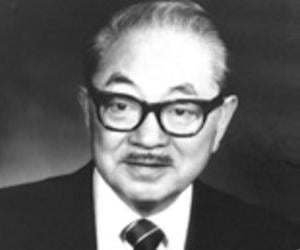
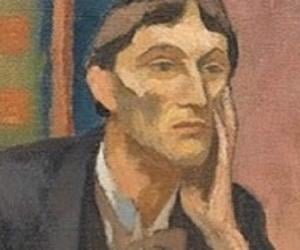
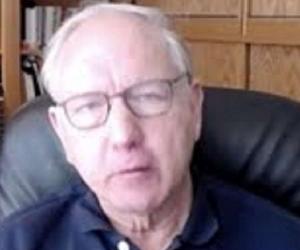
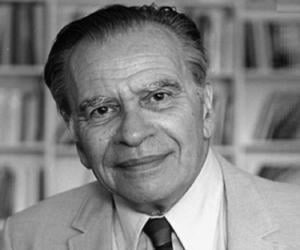
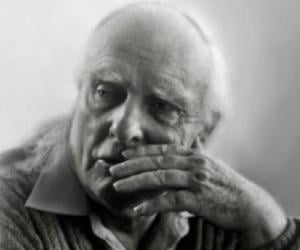
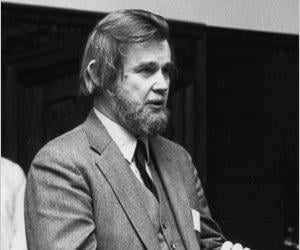
Dell Hymes was part of some of the pioneering studies on linguistic anthropology and sociolinguistics, and later focused on ethnopoetics and the SPEAKING model. He also founded the journal Language in Society and served as its editor. In his later career, he was accused of sexual harassment.
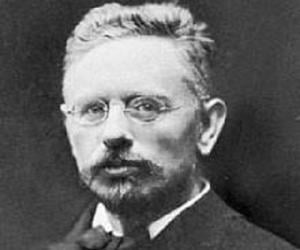
Otto Jespersen was a Danish linguist best remembered for his expertise in the English language and its grammar. Counted among the greatest language scholars of his generation, Otto Jespersen played a prominent role in the international language movement. He also served as a professor at the University of Copenhagen between 1893 and 1925.
